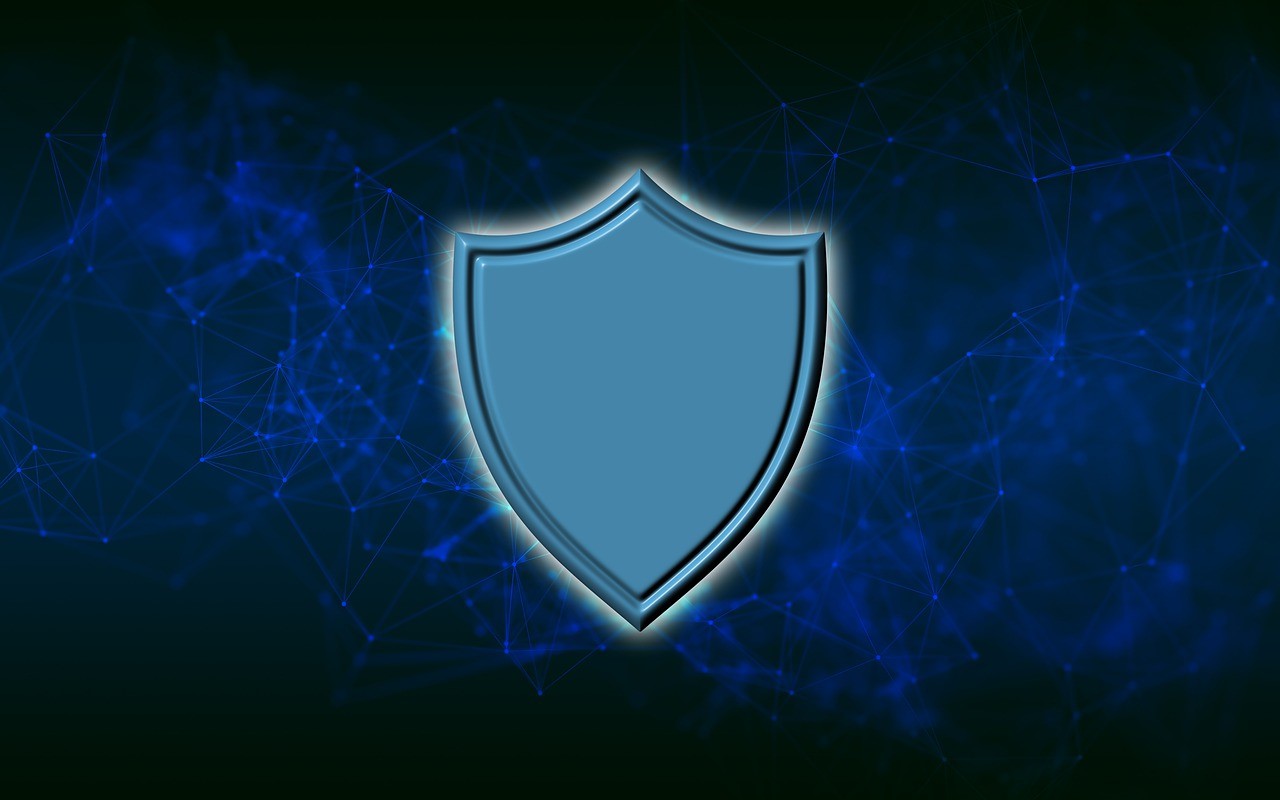Business
A CYBER SECURITY GUIDE FOR SMALL BUSINESSES

We live in an interconnected world experiencing rapid advancements in technology along with the widespread use of the internet. Consequently, cybersecurity has become the need of the hour in today’s digital landscape, especially for small businesses.
Why, you ask? Despite their size, small businesses or startups are increasingly becoming prime targets for cyber attacks because hackers often perceive them as vulnerable due to limited resources and a lack of cybersecurity expertise or measures.
What’s the worst a successful cyberattack can do to a small business? A successful cyberattack can have devastating consequences for a small business, including financial loss, reputational damage, legal liabilities, and even potential closure. But by embracing a robust cybersecurity strategy, small businesses can gain protection against various threats, including data breaches and ransomware attacks.
Here are some effective cybersecurity strategies for small businesses:
-
Train your staff
Research in a CNBC report claims that employee carelessness is the top reason for data breaches. Nearly half (47%) of firms cited human error as the cause of a data breach at their company, such as an employee accidentally misplacing a device.
Therefore, companies must invest in training staff members in cybersecurity procedures. Many cybersecurity programs significantly benefit businesses and their employees by providing comprehensive training on various security-related aspects.
Furthermore, by encouraging employees to enroll in cybersecurity degree programs, companies can develop an in-house team of experts capable of implementing robust security measures and ensuring the integrity of their data science processes. Additionally, job growth in cyber security is at an all-time high due to the high demand, and thus a degree in the field presents opportunities for career advancement for employees. So it’s a win-win situation.
-
Employ a firewall
Your most important line of defense should be installing a firewall. It is not only a crucial element of cybersecurity but can offer loads of benefits to your business as well.
Although your operating system probably already has a software firewall, you might consider using a more sophisticated and advanced model for your business equipment.
You can also choose to install a hardware firewall, which will safeguard every device in your office connected to the same network. Also, remember that a hardware firewall on the office network cannot secure remote workers’ devices.
-
Protect physical equipment
Even though remote access attacks are what hackers are known for, they can decide to access devices directly if they get the chance. To safeguard the security of your system on stolen or lost devices, enable remote wiping access.
If a device is lost or stolen, remote wiping allows authorized individuals to erase all data and sensitive information remotely. This feature is a powerful defense against potential data breaches or unauthorized access.
-
Activate Zero Trust Security
System intrusions can occur anywhere. Set up and activate zero trust security to make the systems of your small enterprises as secure as possible. In a zero-trust security model, all external and internal users must be authorized, authenticated, and validated continuously for security configuration before being allowed to access important data. Zero trust architecture systems are also segmented, limiting user access to particular parts of the system.
- Make use of virtual private networks (VPNs).
VPNs are very useful as they allow employees to safely access a company’s network when traveling or working from home. This is also an essential tool because employees frequently access the internet, which is less secure than the company network. Because VPNs also encrypt data, they lessen the consequences of a cyberattack. Therefore, They can act as an additional layer of security when employees access a wireless network at home, at a different workplace, cafe, or public internet access point.
-
Put an Incident Response Plan (IRP) into action.
Any organization must know how to respond quickly to a cybersecurity event and be prepared to do so. By creating an incident response plan (IRP), you may save interruptions at work and guard against unauthorized access to your private information.
A managed service provider can collaborate with your company to create a thorough IRP for various scenarios. These strategies will go through how to react in various circumstances while guiding your staff to avoid typical blunders. Frequent amendments are also necessary to keep an IRP current.
-
Regular patches and software updates
Since most people are accustomed to receiving automatic updates for their laptops and PCs, especially from Windows or Windows-based products, they rarely think about the necessity of manually updating software or systems.
However, some software, like the firmware of the Wi-Fi router, requires manual updating. Security patches are included in software upgrades and are crucial in the battle against online threats. A router—and the devices attached to it—remain susceptible without these updated fixes.
As a result, small businesses should update the firmware on their wireless routers and all other equipment used at work, including scanners, printers, and similar devices. It’s a good idea to save your vital data to a separate hard drive not linked to a network and store your data in the cloud.
-
Implement password managers
Using secure passwords that are different for each device or account soon becomes challenging to remember. Additionally, having to write out long passwords again and remember them can make your staff less productive.
Because of this, many companies utilize password management software. When you connect to apps or websites, the right username, password, and even the responses to your security question are automatically generated by a password manager. To access their login information vault, individuals only need to remember a PIN or master password. Numerous password managers advise users to avoid using weak or frequently used passwords and nudge them to change them more frequently.
Conclusion
One of the most crucial things a small business owner can do is safeguard their company against cyberattacks and threats. It is your duty to ensure your company’s and your employees’ security. Following the tips above, small businesses can protect their sensitive data from cybercrime and hackers. Moving forward, remember that cybersecurity is an ongoing process that requires continuous monitoring, adaptation, and staying informed about the latest threats and best tactics. By embracing a proactive cybersecurity mindset, small businesses can confidently navigate the digital landscape, safeguard operations, and ensure a secure and prosperous future.
-
Blog1 year ago
MyCSULB: Login to CSULB Student and Employee Portal – MyCSULB 2023
-
Android App3 years ago
Cqatest App What is It
-
Android1 year ago
What Is content://com.android.browser.home/ All About in 2023? Set Up content com android browser home
-
Software2 years ago
A Guide For Better Cybersecurity & Data Protection For Your Devices
-
Latest News2 years ago
Soap2day Similar Sites And Alternatives To Watch Free Movies
-
Android2 years ago
What is OMACP And How To Remove It? Easy Guide OMACP 2022
-
Android3 years ago
What is org.codeaurora.snapcam?
-
Business2 years ago
Know Your Business (KYB) Process – Critical Component For Partnerships



























